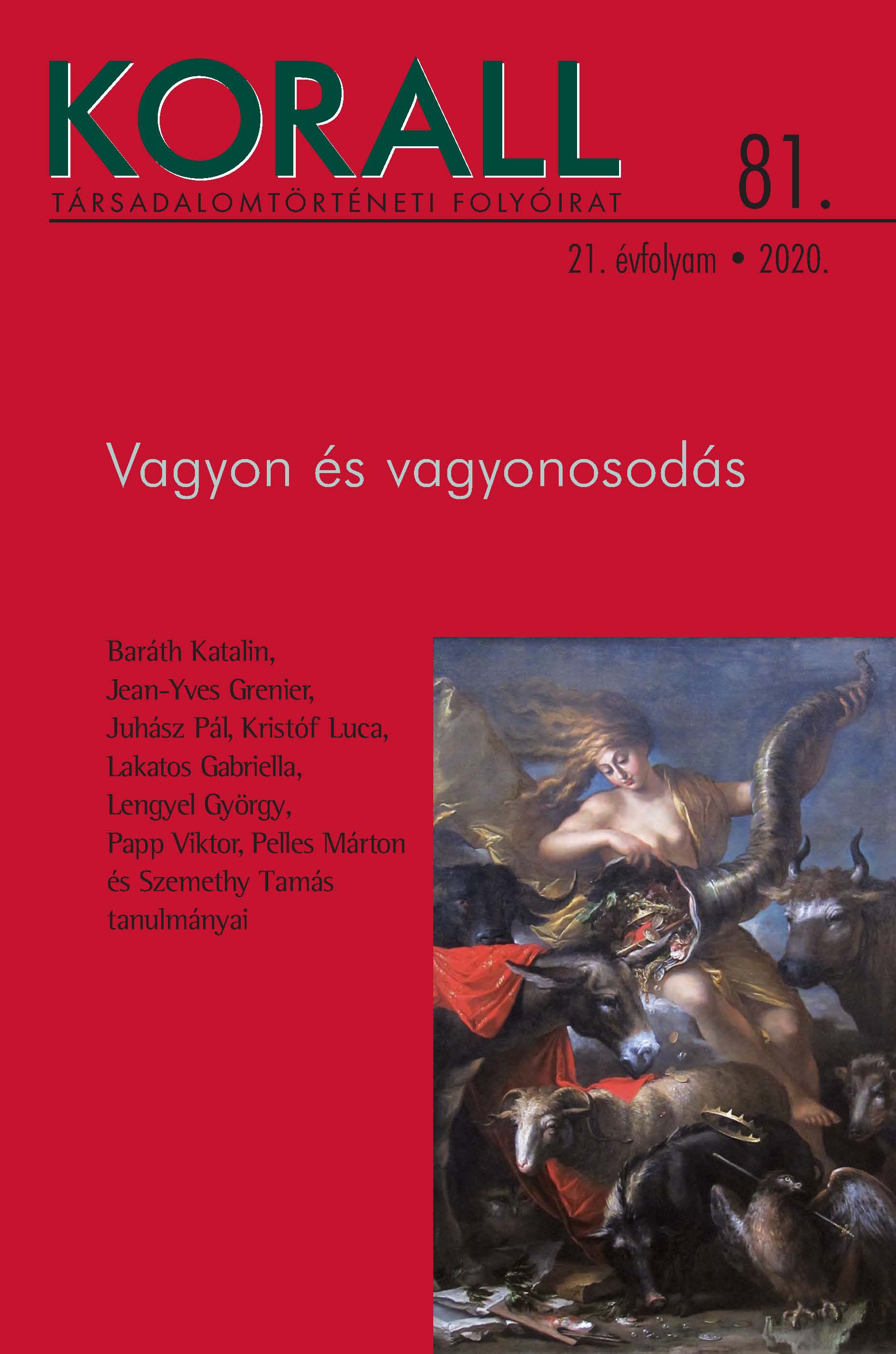„Gegenpressing”. Az első stadionépítési láz részvénytársaságai: FTC és MTK (1908–1943)
“Gegenpressing”: The Corporations of the First Stadium Fever: FTC and MTK (1908–1943)
Author(s): Katalin BaráthSubject(s): Business Economy / Management, Pre-WW I & WW I (1900 -1919), Interwar Period (1920 - 1939), Sports Studies
Published by: KORALL Társadalomtörténeti Egyesület
Keywords: football; the Athletic Club of Ferencváros; the Hungarian Society of Physical Training; FTC stadium; MTK stadium; football and business
Summary/Abstract: Despite the prevalent ethos of amateurism, the spread of modern “human sports” in Hungary took on legal financial aspects from the very beginning: clubs charged high membership fees, and the use of equipment and of the grounds was extra. This situation, specifically the scale of participation, was transformed by the unprecedented popularity of football, a sport which was able to draw masses as both players and spectators, and with which the spectators could easily identify. Millenáris, the football grounds which had the largest capacity at the beginning of the twentieth century, and the successful team of the Athletic Club of Ferencváros (Ferencvárosi Torna Club – FTC) benefitted a great deal out of the growing number of games and spectators. FTC capitalised on its popularity by building their own arena designed for 25000 spectators. The plot was financed by the people of Budapest, the building costs were secured by a corporation of Ferencváros residents and bank loans. The corporate archives reveal that the newly built stadium on Üllői street generated enough revenues to pay dividends after the first year of operation in 1911, which greatly surpassed the profits of the stadium of the Hungarian Society of Physical Training (Magyar Testgyakorlók Köre – MTK) on Hungária street, inaugurated in 1912. The MTK stadium was also financed by corporate funds and bank loans but was a more ambitious project with a much higher budget. This stadium was able to close its first successful business year only after the First World War when its team dominated the Hungarian football scene. The increasingly venomous business rivalry between the Millenáris, and the stadiums of FTC and MTK greatly affected the game itself, which attests to a mutual dependency between the world of football and business even before the First World War.
Journal: Korall - Társadalomtörténeti folyóirat
- Issue Year: 2020
- Issue No: 81
- Page Range: 100-137
- Page Count: 38
- Language: Hungarian

